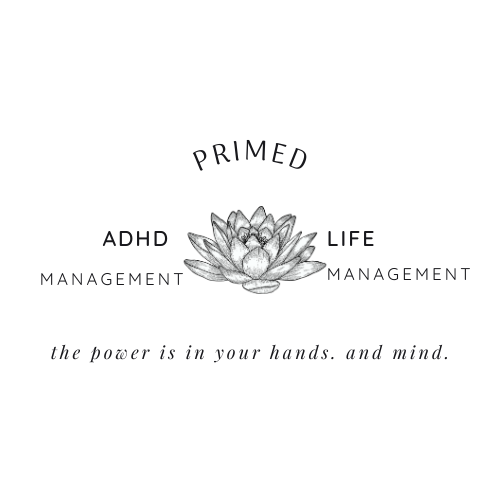This post about neurodiversity, neurodivergent, and other related terms is sort of an addendum to the post I wrote called “I am not neurotypical“, in which I explained why I don’t like the terms neurotypical and atypical. The idea for that post first came to me at least five months ago, after I watched the show Atypical. I wrote the post in my head and then forgot about it until I sat down to write the piece that I intended to publish this week. That one will be up next.
My usual approach to blogging is to write to educate. This mission has been my approach for well over a decade, through every blog. Even if I’m ranting, I want you to get something out of it that’s not just about me.
I didn’t do any research for my Neurotypical post at all, I just let my fingers type, so forgive me if you read it and thought I was talking out of my ass. Often, I do a ton of research for my posts.
After I’d finished that post, and while I was in the process of grabbing images for it, I came across two other terms, closely related to one another:
~Neurodiversity~
According to Autistic author Nick Walker, who knows way more about the terminology than I do, Neurodiversity is the diversity of human brains and minds. He called neurodiversity a biological fact. People are neurologically diverse.
I like this. It doesn’t imply normal/abnormal, right or wrong; it says that we’re all different, and we are. I know I said in my previous post that I don’t like to classify people in ways that marginalize them, but this at least makes sense to me.
~Neurodivergent/
neurodivergence~
I like this one less.
Walker says,
Neurodivergent means having a brain that functions in ways that diverge significantly from the dominant societal standards of “normal.”
Yes, some brains do.
After some examples he says,
…neurodivergence is not intrinsically positive or negative, desirable or undesirable – it all depends on what sort of neurodivergence one is talking about.
I think my issue is with the word “normal”, like “typical”.
Note, I do not disagree with Walker, at all. I’m expressing how I feel about the words. Words don’t just have meaning; we have emotional connections to the words themselves. We also have reactions to the way words sound out loud. (You know what I’m talking about.)
Maybe it’s my baggage from being bullied as a child or not feeling normal as a kid with undiagnosed ADD/ADHD (I got the diagnosis when I was in my 20s). Maybe it’s that feeling of being marginalized that has stayed with me. We interpret the world and situations based on our experiences so far and so it makes sense that my experience up until now affects my current perception of words and concepts. I have experienced the world for 42 years as of next week.
Also, see this post from Wake Forest University.
